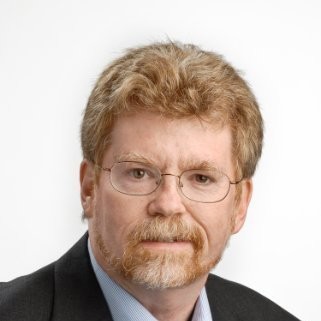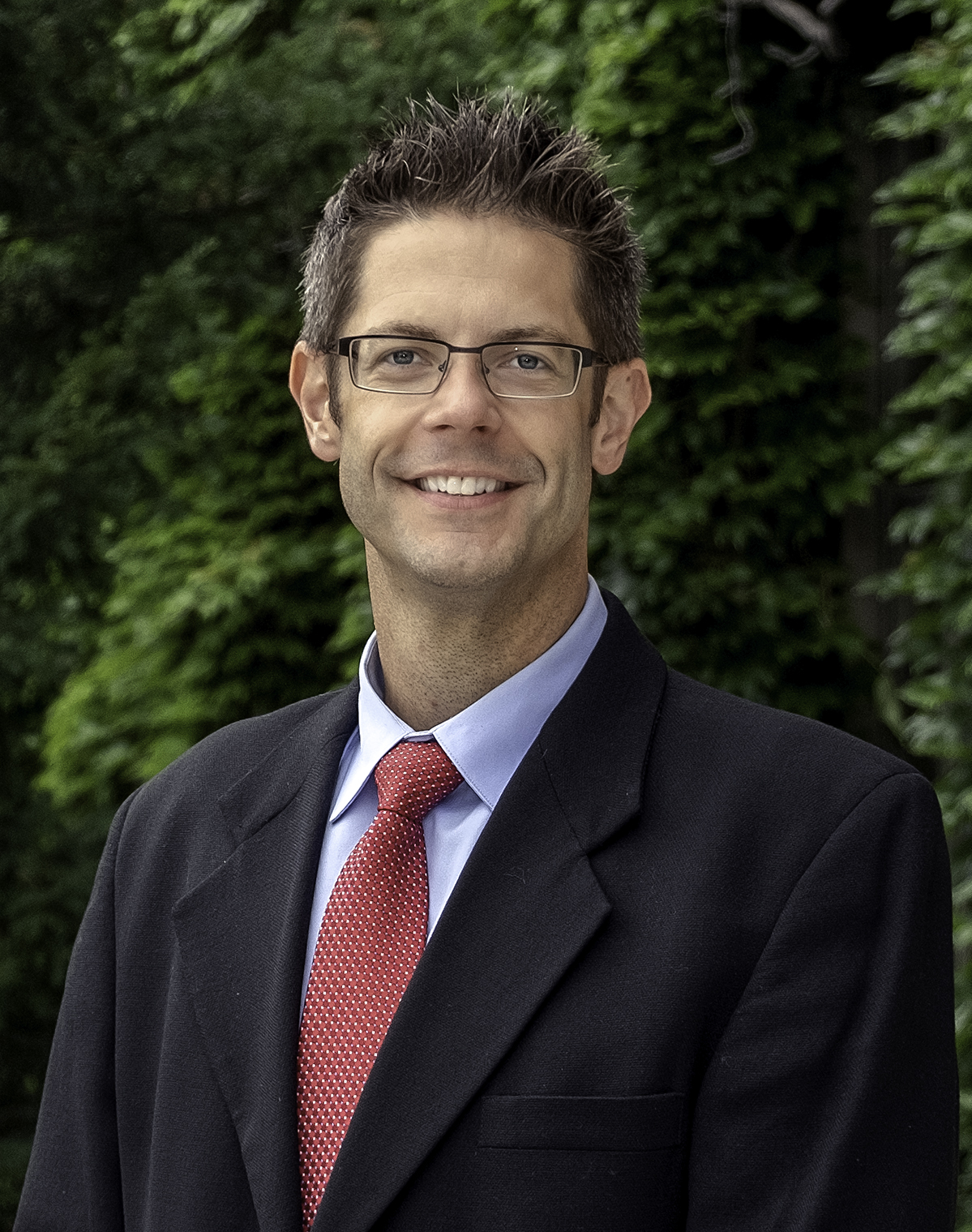By Aayusha Chapagain, Department of Sustainable Resource Management, May 2025
Meredith
Chase, the Assistant Director at ESF Career Services, served as a guest lecturer
FOR 797, delivering a dynamic and informative session on interview preparation
and career readiness. The session provided students with valuable strategies
and reflections to boost confidence and competence in navigating the job search
process.
Meredith Chase
The guest
speaker emphasized the importance of self-assessment, encouraging students to
evaluate their interests, skills, personalities, and reflect on their past
experiences, present strengths, and future goals. This self-awareness, she
explained, is crucial in tackling difficult interview questions such as,
"What is your greatest weakness?" or "Tell me about a time you
resolved a workplace conflict." These often-uncomfortable questions
require thoughtful, honest responses that present the candidate in a constructive
light.
She also
addressed practical elements of interview preparation, including how to craft a
concise, focused cover letter, highlighting that not everything can (or should)
be included in one document. Chase recommends printing each job announcement and marking it up with specific examples of the the required experiences or skills.
The importance of networking was another key
topic, where she emphasized the advantage of “knowing someone on the inside” to
help open doors into competitive organizations.
The session
further explored how to develop and polish interview skills, such as
controlling hand movements, maintaining eye contact, and using confident body
language. She provided guidance on evaluating job offers, stressing the
importance of asking to complete the interview before discussing salary. Salary
negotiation, she noted, is often challenging, but students were encouraged to
aim for the higher end of the pay scale, for example, targeting $50,000 in a
$45,000–$50,000 range, since employers often start with the lower figure.
Finally, the
speaker highlighted the importance of asking questions at the end of the
interview, reminding students that this part is equally critical and should be
planned in advance rather than thought up on the spot.
The session
was widely praised for being relatable, practical, and empowering. Students
left feeling significantly more prepared and confident for their future
interviews, equipped with both strategic knowledge and a clearer understanding
of themselves as candidates.
As part of the requirements for FOR 797, Perspective on Career and Gender students share responsibility of reporting on a subset of class discussions.











